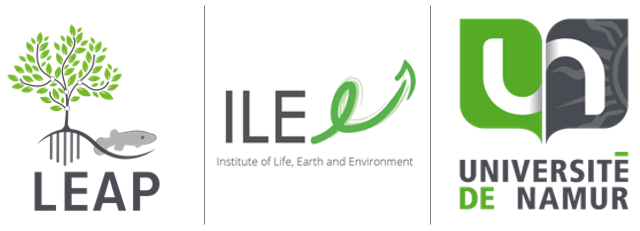A new article has been published in the specialised journal “Epigenetics” in collaboration with our partner Anirhudda Chatterjee from the University of Otago. It the last part of the PhD thesis of Anne-Sophie Voisin who aimed to investigate the long-term effects of an early life stage exposure to the endocrine disruptor ethinyl estradiol (EE2) in our fish model, the mangrove rivulus. It is also our first publication using the gold standard technique of RRBS on the mangrove rivulus (combining restriction enzymes and high throughput bisulfite sequencing to analyse genome-wide DNA methylation). The most significant result was reported for nipped-B-like protein B (NIPBL) promoter region with a 21.9% increase of DNA methylation, suggesting that NIPBL could be an important regulator for long-term effects of EE2. Our results also suggest a significant role of DNA methylation in intergenic regions and potentially in transposable elements. These data support the ability of early exposure to endocrine disruptors of inducing epigenetic alterations during adulthood, providing plausible mechanistic explanations for long-term phenotypic alteration. Additionally, this work demonstrates the usefulness of isogenic lineages of the self-fertilizing mangrove rivulus to better understand the biological significance of long-term alterations of DNA methylation by diminishing the confounding factor of genetic variability. The article can be found here.

